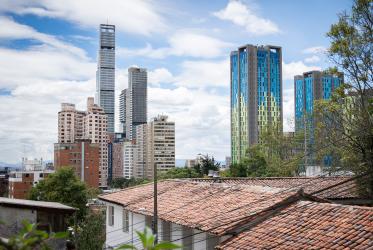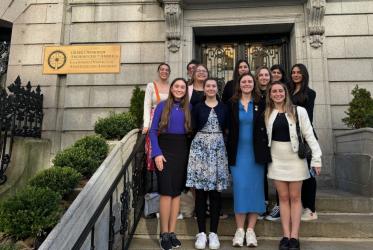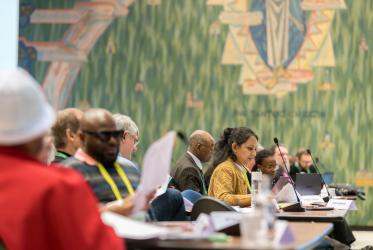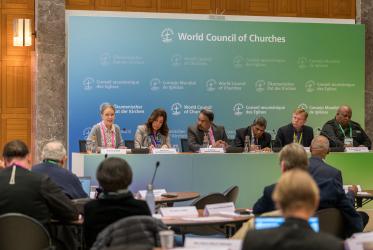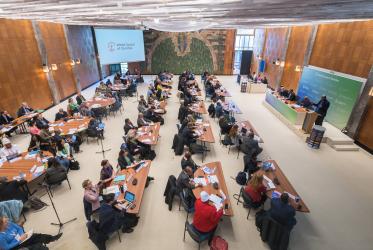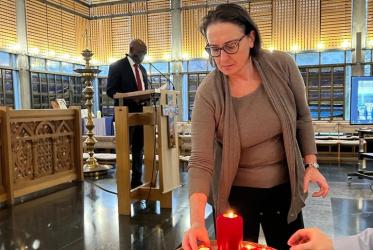Displaying 1 - 20 of 1362
WCC submits comments on draft UN “Pact for the Future”
12 February 2024
WCC mourns loss of Dr William Stanley, who pursued economic justice
18 December 2023
On World AIDS Day, focus on how churches can “Let Communities Lead!”
01 December 2023
